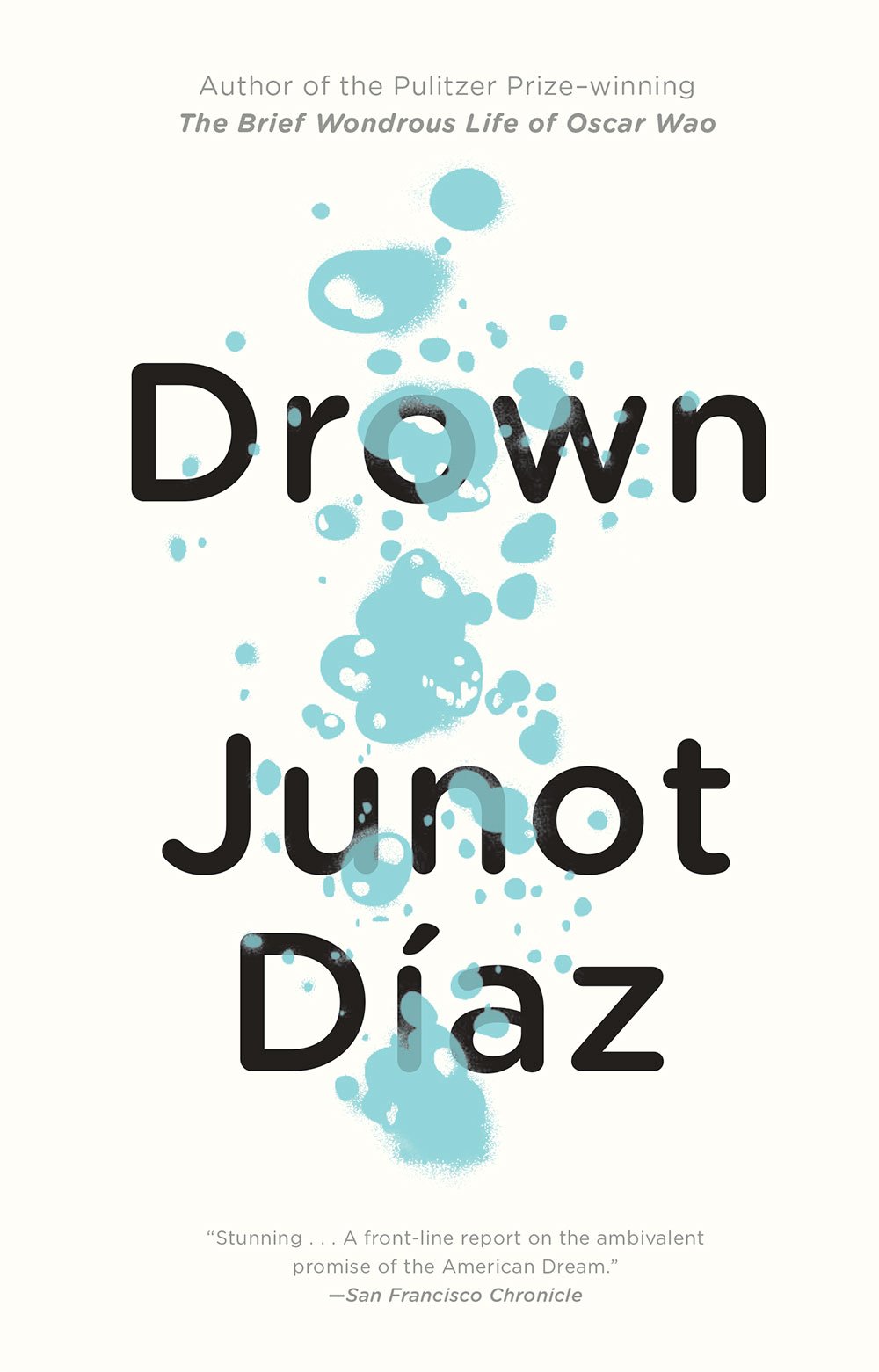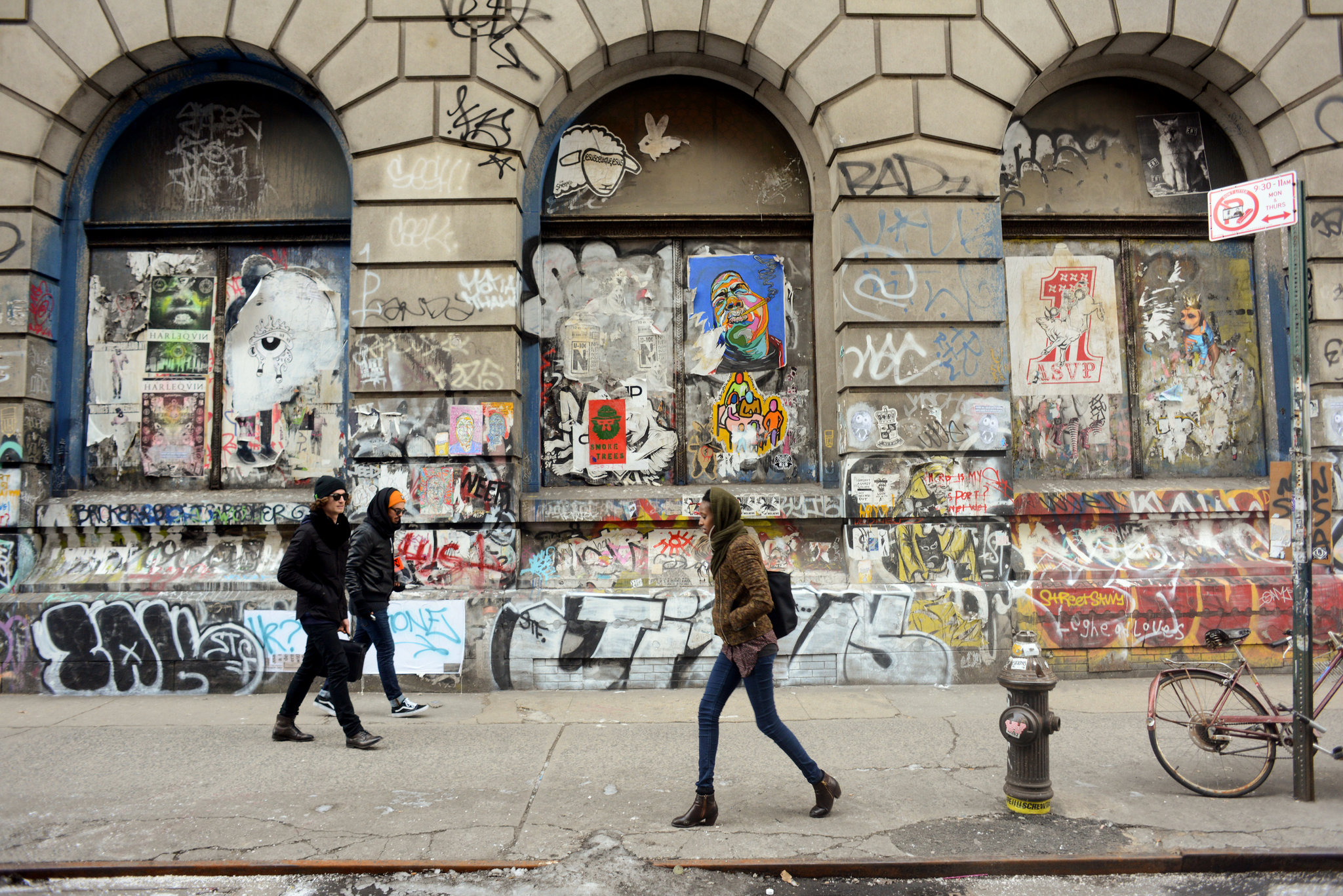
Junot Díaz, author of This Is How You Lose Her & Drown, recently recounted in hyper-omnipresence like he does well with a Time Out New york article published this week. The Dominican-born author pays homage to small upbringings and one of my old favorite spots Nuyorican Poets Cafe. The 90’s in New York were a special time, read the full piece below as it appeared on Time Out.
“Nineteen ninety-five. No way I’d ever forget. The year of Only Built 4 Cuban Linx and Liquid Swords and The Infamous and of Pochy y Su Cocoband (¡Pero con Coco!). I lived in Brooklyn, on State Street—this was after JAY-Z moved off the block but before Peter Dinklage moved in. On the one hand, I was delirious with joy to be in the city after three years in Ithaca; on the other, I was broker than broke. But ain’t that the way it always goes?
My apartment on State Street was slumlord shitty and had no insulation, and when it got cold, winter came right through me and my roommate’s big front windows like a White Walker, and we had to wear our coats indoors if we wanted to live. I hadn’t landed any of the nonprofit jobs I applied for—my MFA wasn’t exactly pulling in the offers—so I temped at a pharmaceutical corporation in midtown. I made photocopies by the millions. Didn’t pay shit. My bosses would speak to me in exaggerated English because they thought I only spoke Spanish.
My whole crew was activists, and you better believe I was one too. I was in ProLibertad and the Justice Committee with Richie Pérez; we organized for the Puerto Rican political prisoners and against police brutality. Only the year before, Anthony Baez was choked to death by the NYPD after he hit their cop car with a football; we fought so his family could have some justice. We picketed Jing Fong with the Chinese Staff and Workers’ Association and did solidarity work with CAAAV. We marched for Mumia Abu-Jamal. It was Giuliani Time in the City, so we were out there swinging.
I wanted to be a writer, naturally, but the only literary scene I was into was the spoken-word one, which in those days was absolute fire. My boys were in an ill spoken-word group, and I used to help them carry their congas all over the City. We were in the Nuyorican Poets Cafe like we had stock in that fucker, and every night I heard poetry that cracked the world open for me. I never performed. I carried those drums and clapped, and at night, after everything was over, I would sit on the edge of my frozen bed and try to write.
And then somehow before the year was out I got a book contract—which was like winning the fucking lottery. My boys took me out for shots. “Juni,” they said, “your life is going to change.”
And it did.”
Junot Díaz’s picture book, Islandborn, is set to be published in March.


